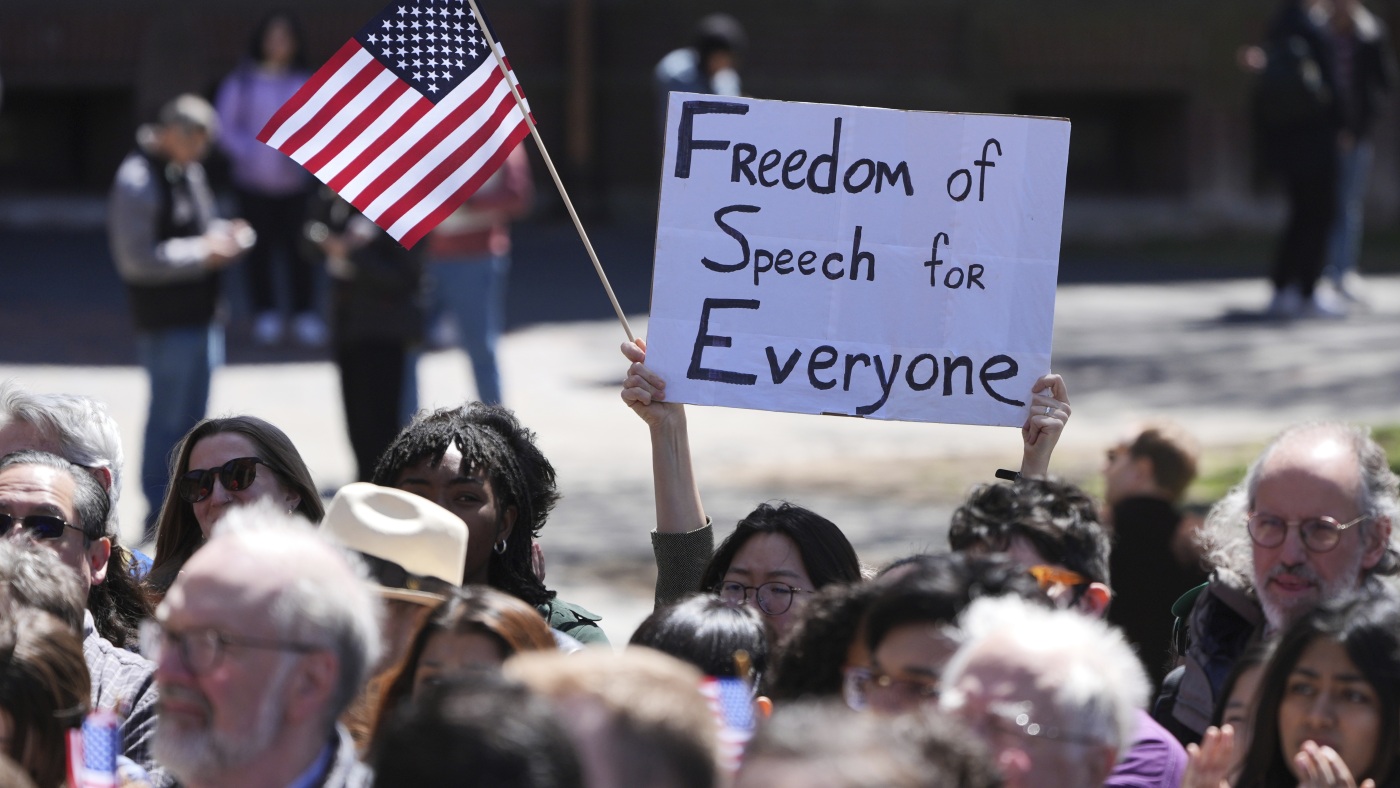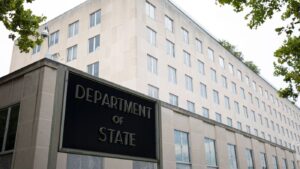In a dramatic clash between academia and federal authority, Harvard University is taking legal action to challenge a sweeping freeze on over $2.2 billion in federal funding. This decision follows the university’s defiance of the Trump administration’s demands to curb campus activism.
Earlier this month, the administration issued a letter to Harvard, urging the institution to undertake significant changes in governance and admissions policies. It also called for an audit of the university’s approach to diversity and a cessation of recognition for certain student organizations. The administration has cited unchecked antisemitism during campus protests against Israel’s actions in Gaza as a driving concern.
Harvard’s President, Alan Garber, made it clear that the university will not comply with these demands. In response, the government swiftly suspended federal funding, prompting Harvard to file a lawsuit in Boston federal court. The lawsuit argues, “The Government has not — and cannot — identify any rational connection between antisemitism concerns and the medical, scientific, technological, and other research it has frozen that aims to save American lives, foster American success, preserve American security, and maintain America’s position as a global leader in innovation.”
The suit further contends that the funding freeze is “arbitrary and capricious,” infringing on Harvard’s First Amendment rights and violating Title VI of the Civil Rights Act. The administration’s actions have provoked a strong response from the White House, with spokesman Harrison Fields stating, “The gravy train of federal assistance to institutions like Harvard, which enrich their grossly overpaid bureaucrats with tax dollars from struggling American families is coming to an end.”
This conflict highlights the Trump administration’s broader effort to reform what it perceives as liberal and antisemitic tendencies in universities. A significant part of this strategy involves leveraging research funding, which has been critical for scientific advancement but is now a tool for political influence.
The administration’s letter to Harvard also demanded stricter discipline for protesters and screenings for international students deemed “hostile to the American values.” Additionally, it called for reforms in leadership and admissions policies, demanding a diverse range of viewpoints across departments.
In a move that further escalated tensions, President Trump suggested on his Truth Social platform that Harvard should consider losing its tax-exempt status if it continues to promote “political, ideological, and terrorist inspired/supporting ‘Sickness.'” Meanwhile, the American Association of University Professors has filed a related lawsuit, opposing a pending review of Harvard’s funding.
Harvard argues that these demands threaten not only its autonomy but also the independence traditionally afforded to American universities. “Today, we stand for the values that have made American higher education a beacon for the world,” Garber wrote in a message to the Harvard community.
Supporters of Harvard’s stance, including alumna Anurima Bhargava, have praised the university’s refusal to comply with the administration’s demands, calling the actions “reckless and unlawful.” The American Council on Education also commended Harvard, with its president Ted Mitchell stating, “We applaud Harvard for taking this step and look forward to a clear and unambiguous statement by the court rebuking efforts to undermine scholarship and science.”






